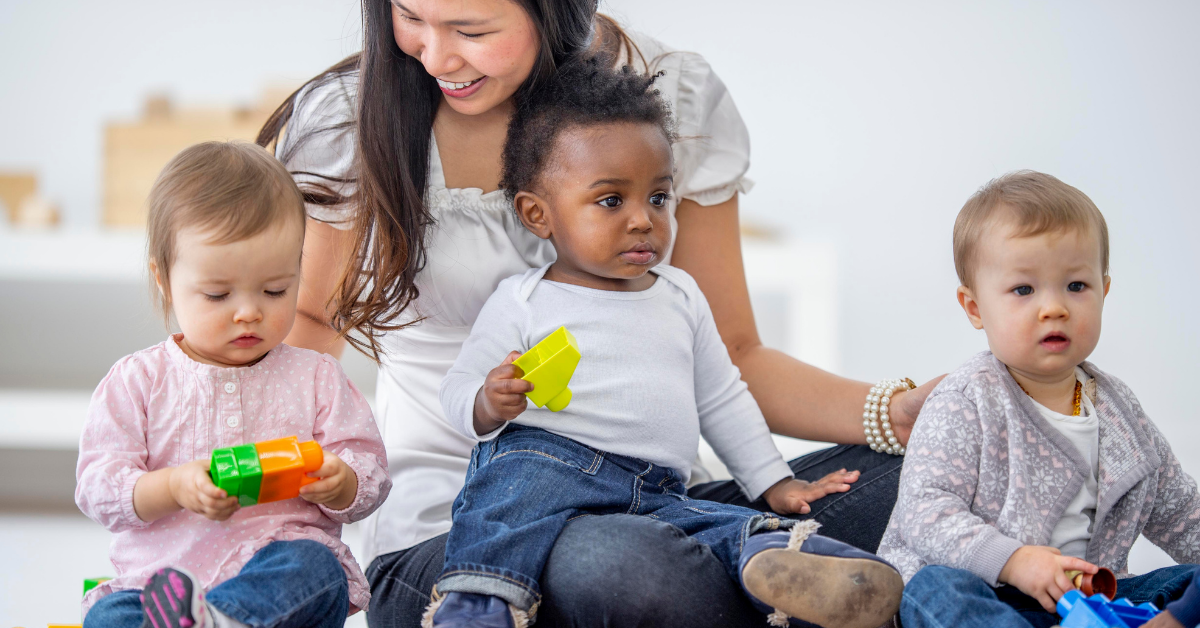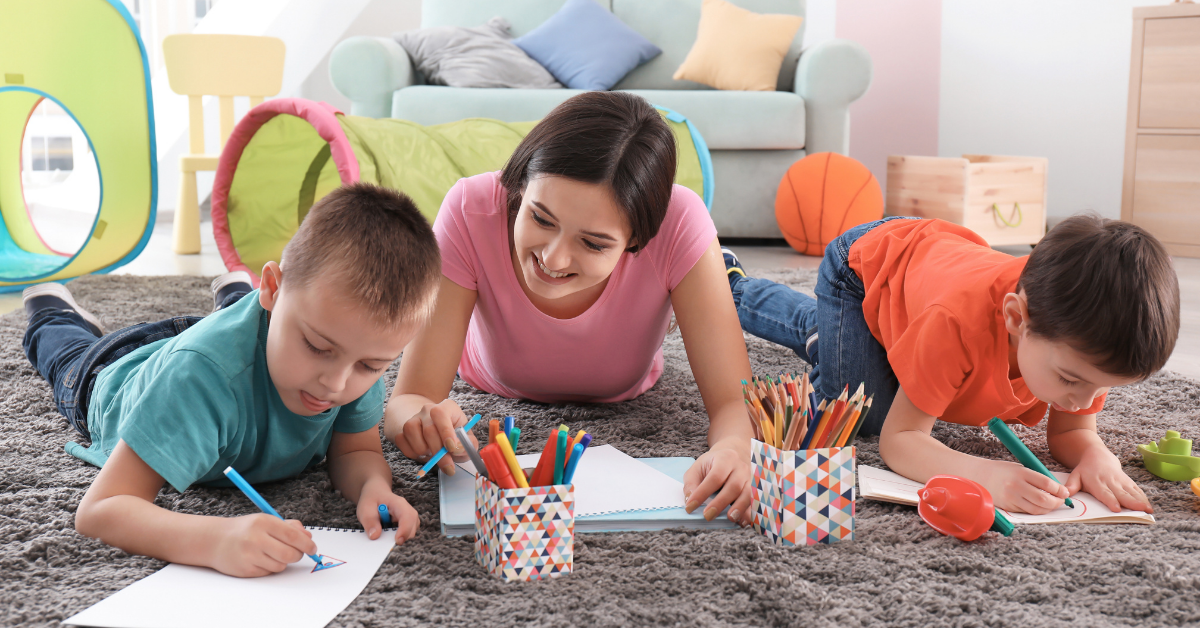The Benefits of Structured Routines for Young Children

Young children thrive on predictability. A structured routine provides a sense of stability, security, and comfort, helping them navigate their day with confidence. Whether at home or in an educational setting, consistent routines support emotional, cognitive, and social development. Here’s why structured routines are essential for young children.
Building a Sense of Security and Stability
Children feel safest when they know what to expect. Structured routines help them understand the flow of their day, reducing anxiety and uncertainty. When a child knows that breakfast is followed by playtime and then nap time, they feel more in control of their environment. This sense of stability is particularly important during major life changes, such as starting preschool or moving to a new home.
Encouraging Independence and Confidence
Predictable routines empower children to complete daily tasks on their own. When they consistently follow a morning routine—brushing their teeth, dressing themselves, and packing their bag—they build confidence in their abilities. Over time, they require less prompting from parents or caregivers, fostering a sense of independence and responsibility.
Improving Emotional Regulation
Children experience a range of emotions throughout the day, and structured routines help them manage these feelings. Knowing what comes next allows them to prepare mentally and emotionally. For example, a bedtime routine that includes reading a book and dimming the lights signals to a child that it’s time to wind down. This predictability reduces tantrums, frustration, and bedtime struggles.
Enhancing Cognitive Development and Learning
Repetition and consistency are key to learning. A structured routine helps children absorb new concepts more effectively, whether it’s learning letters during morning circle time or counting during snack preparation. Regular exposure to structured learning opportunities strengthens cognitive development and problem-solving skills.
Additionally, routines reinforce time management skills. Even young children begin to understand the concept of sequences and cause-and-effect relationships when they follow a predictable schedule.
Supporting Social Development
In both home and school settings, structured routines teach children valuable social skills. Consistent meal times encourage family bonding, while daily greetings and structured playtimes promote positive interactions with peers. When children follow routines in a group setting, they learn to take turns, listen to others, and cooperate—critical skills for building healthy relationships.
Reducing Power Struggles and Behavioral Issues
When expectations are clear, children are less likely to resist daily tasks. If a child knows that brushing teeth is always part of the bedtime routine, they are less likely to argue about it. Routines eliminate surprises and provide clear guidelines for behavior, reducing conflicts between parents and children.
Promoting Healthy Habits
Structured routines encourage good habits from an early age. Regular sleep schedules ensure children get adequate rest, while scheduled meal times help regulate appetite and nutrition. Consistently incorporating hygiene practices like handwashing before meals instills lifelong healthy habits.
Helping Children Transition Between Activities
Transitions can be challenging for young children. Moving from one activity to another—such as playtime to homework—can lead to resistance or meltdowns. A structured routine with clear cues (e.g., a song before cleanup time) helps children shift gears smoothly, making transitions easier and more manageable.
Balancing Structure with Flexibility
While consistency is essential, routines should allow for some flexibility. Unexpected events, vacations, or special occasions may require adjustments. Teaching children to adapt to minor changes within a structured framework builds resilience and problem-solving skills.
Tips for Creating Effective Routines
- Start simple – Introduce a few key routines, such as bedtime and mealtime schedules, before expanding.
- Use visual cues – Picture charts or timers can help younger children understand routines.
- Be patient and consistent – It takes time for children to adapt to routines, so consistency is key.
- Make routines enjoyable – Turn routines into fun activities, such as singing a clean-up song or using a reward system.
- Involve children in planning – Giving children a role in their routine, such as choosing pajamas before bed, increases cooperation.
A structured routine helps children transition smoothly between activities, including time for outdoor play, which is essential for their physical and social development. Discover the importance of outdoor play in child development.
Just as predictable routines support learning and emotional well-being, incorporating daily reading time fosters a love for books and strengthens language skills. Learn how to inspire a love of reading in young children.
Conclusion
A structured routine provides young children with the stability, confidence, and skills they need to thrive. From emotional regulation and cognitive growth to fostering independence and social skills, the benefits of a predictable schedule are invaluable. By implementing thoughtful routines at home and in educational settings, parents and caregivers can create an environment that supports healthy development and lifelong success.










